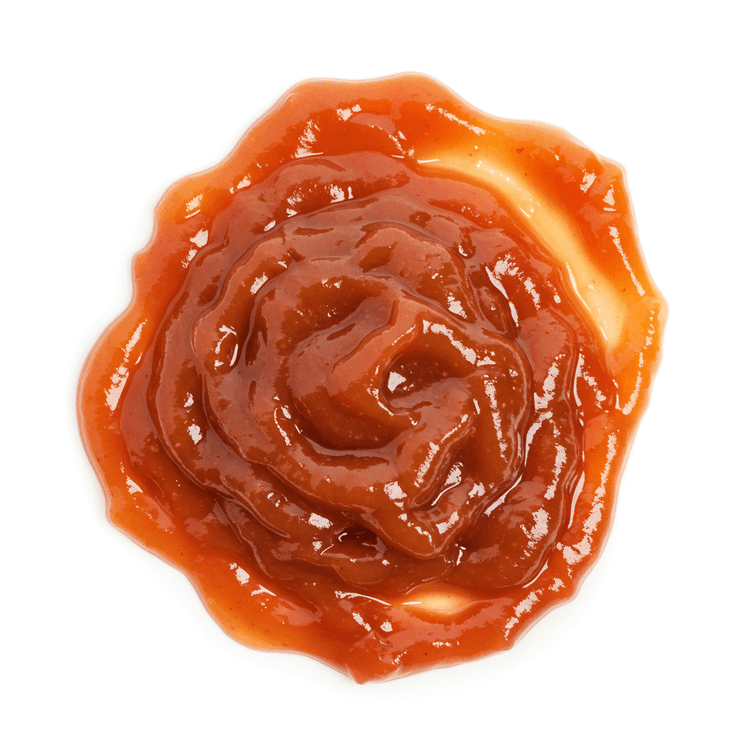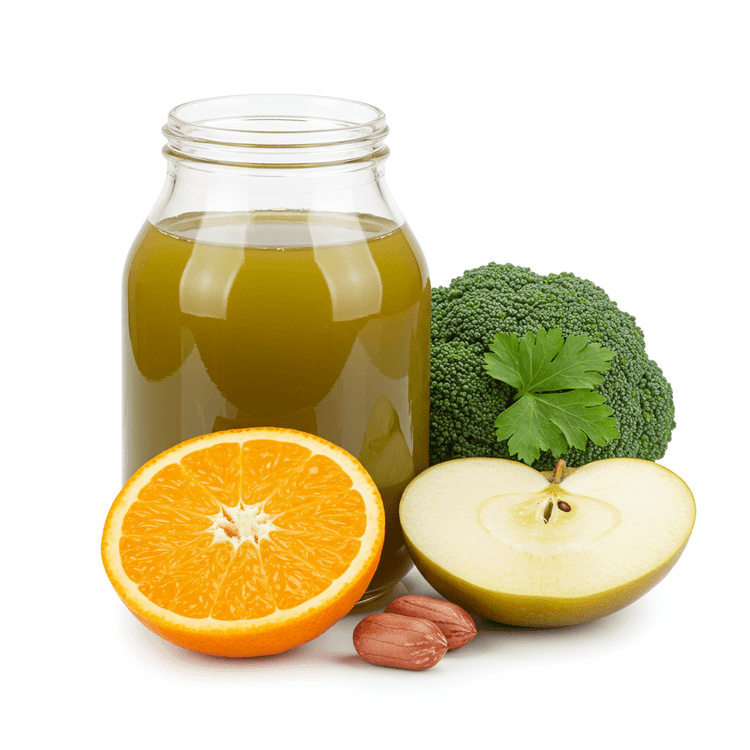
Juice
Juice, a liquid extracted from fruits, vegetables, or other plant tissues, offers a vibrant spectrum of flavors, from sweet and tangy to earthy and herbaceous. Its texture ranges from smooth and pulpy to thin and watery, depending on the source and processing methods. Typically brightly colored, juice provides a concentrated source of vitamins, minerals, and natural sugars. Freshly squeezed juice retains the most nutritional value, making it a popular choice for health-conscious consumers seeking a refreshing and convenient beverage option. Find the best juice recipes, juice blends, and juice cleanse tips for optimal health.
Common Uses
- Juice is frequently consumed as a standalone beverage, providing hydration and a quick source of energy and nutrients.- Juice is used as a base for smoothies, cocktails, and other mixed drinks, adding flavor and nutritional value.- Juice can be incorporated into sauces, marinades, and dressings, providing a natural sweetness and acidity to complement savory dishes.- Juice is used as a key component in making jellies, jams, and other preserves, capitalizing on its natural pectin content.- Juice is a popular ingredient in desserts like sorbets, ice pops, and cakes, lending its unique flavor and color profile.- Juice is used in various culinary techniques such as braising and deglazing, adding depth of flavor and moisture to cooked dishes.
Health Benefits
- Rich in vitamins and minerals, contributing to overall health.
- Source of antioxidants that help protect cells from damage.
- Supports hydration, crucial for bodily functions.
- May boost energy levels due to natural sugars.
- Some juices may aid in digestion due to enzymes.
Substitutes
Chefadora AI is here.
Experience smarter, stress-free cooking.
Storage Tips
The optimal way to store juice depends on whether it's commercially produced or freshly squeezed. Commercially produced juice, if unopened, can be stored at room temperature until the expiration date. Once opened, it must be refrigerated and consumed within 7-10 days. Freshly squeezed juice should always be refrigerated immediately after preparation and consumed within 24-48 hours for the best quality and to prevent spoilage. For longer storage, juice can be frozen, though this may affect the texture and some nutrient content.
Marnirni-apinthi Building, Lot Fourteen,
North Terrace, Adelaide, South Australia, 5000
Australia




